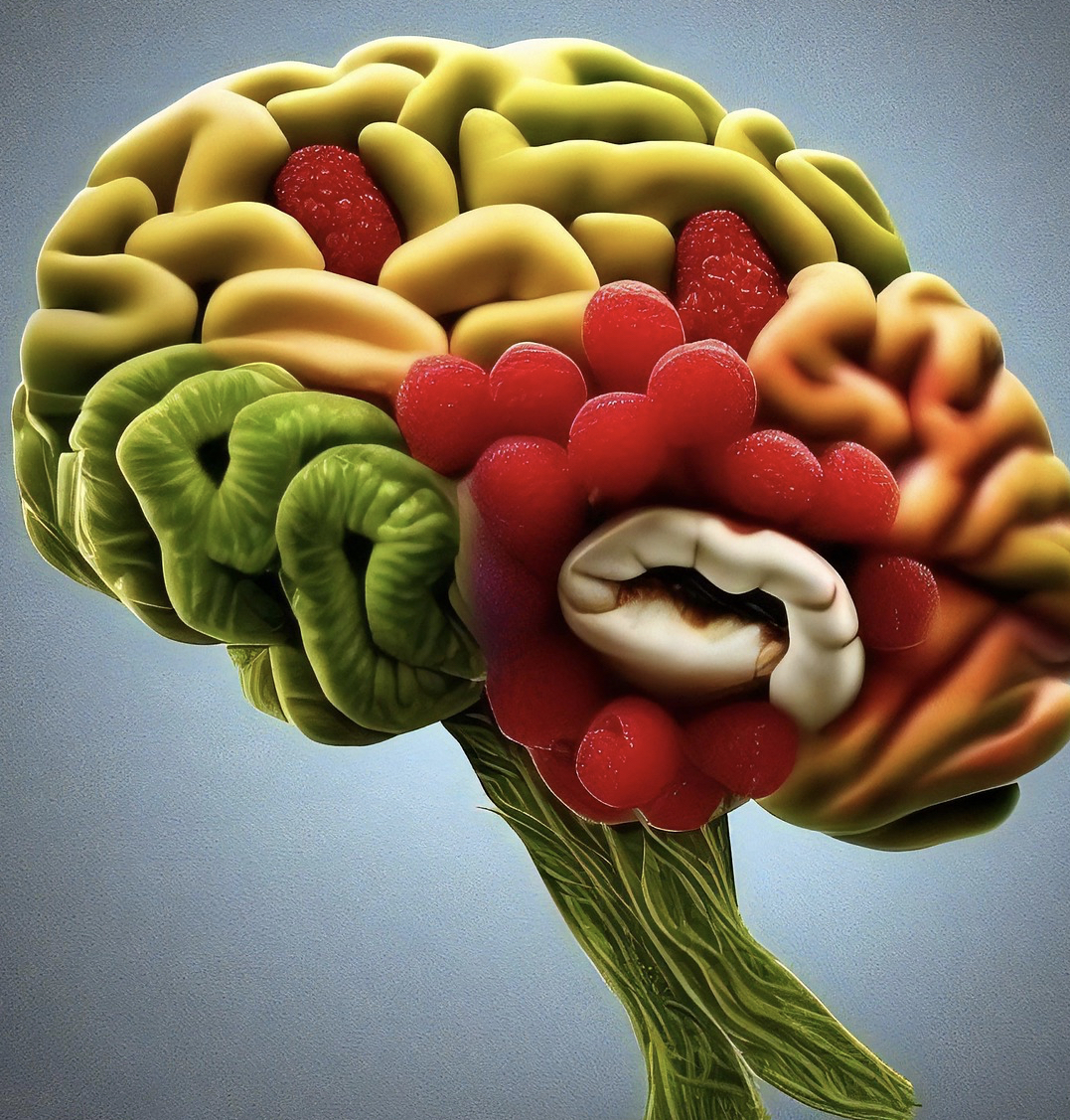
Does Cycling Prevent Dementia? There is evidence to suggest that cycling and other forms of regular exercise can help to reduce the risk of dementia and cognitive decline in older adults.
Studies have shown that physical exercise, including cycling, can help to improve brain function and cognitive performance, increase brain volume in key areas, and reduce the risk of dementia and other age-related cognitive decline.
One study published in the British Medical Journal found that people who engaged in regular physical activity, including cycling, had a lower risk of developing dementia compared to those who were sedentary. The study also found that those who engaged in physical activity in midlife had a lower risk of developing cognitive impairment later in life.
Read on to find out how cycling can prevent dementia.
What exercise is best for preventing dementia?
There is no one specific exercise that is considered the “best” for preventing dementia. However, regular physical activity in general has been shown to have cognitive benefits and reduce the risk of dementia.
Some forms of exercise that have been particularly associated with cognitive benefits include:
- Aerobic exercise: Activities that get your heart rate up, such as cycling, running, swimming, and brisk walking, have been shown to improve brain function and reduce the risk of cognitive decline.
- Resistance training: Strength training exercises, such as weight lifting or using resistance bands, can help to build muscle mass and improve overall fitness, which may contribute to cognitive health.
- Balance and coordination exercises: Activities that challenge your balance and coordination, such as yoga or tai chi, have been shown to improve cognitive function and reduce the risk of falls in older adults.
- High-intensity interval training (HIIT): HIIT workouts involve short bursts of intense exercise followed by periods of rest, and have been shown to improve cognitive function and brain health.
Is cycling good for memory?
Yes, cycling can be good for memory and overall brain function. Regular physical activity, including cycling, has been shown to improve cognitive function, including memory.
Research has demonstrated that exercise helps to stimulate the production of new brain cells and enhance brain plasticity, the brain’s ability to adapt and change. Exercise has also been shown to increase blood flow to the brain, which can enhance cognitive function, including memory.
One study published in the journal Neurobiology of Aging found that older adults who engaged in regular physical activity, including cycling, had better memory function than those who were sedentary. The study also found that those who engaged in physical activity in midlife had better memory function later in life.
Another study published in the Journal of Alzheimer’s Disease found that cycling improved cognitive function and brain connectivity in older adults with mild cognitive impairment.
How does cycling prevent Alzheimer’s?
Regular cycling and other forms of physical activity have been shown to reduce the risk of developing Alzheimer’s disease and other forms of dementia. The exact mechanisms by which cycling may prevent Alzheimer’s are not fully understood, but there are several theories:
- Exercise reduces inflammation: Chronic inflammation in the brain has been linked to Alzheimer’s disease. Regular exercise, including cycling, can help to reduce inflammation throughout the body, including the brain, which may help to protect against Alzheimer’s.
- Exercise improves brain plasticity: Cycling and other forms of exercise have been shown to stimulate the growth of new brain cells and enhance brain plasticity, the brain’s ability to adapt and change. This may help to counteract the brain shrinkage and loss of brain cells that occurs in Alzheimer’s disease.
- Exercise increases blood flow to the brain: Cycling and other forms of exercise increase blood flow to the brain, which may help to improve cognitive function and reduce the risk of cognitive decline.
- Exercise reduces the risk of cardiovascular disease: Cardiovascular disease, such as high blood pressure and heart disease, have been linked to an increased risk of Alzheimer’s disease. Regular cycling and other forms of exercise can help to reduce the risk of cardiovascular disease, which may also help to reduce the risk of Alzheimer’s.
Is the likelihood of getting dementia less if you exercise?
Yes, there is evidence to suggest that regular exercise can reduce the risk of developing dementia, including Alzheimer’s disease, as well as slow the progression of cognitive decline in those who already have mild cognitive impairment.
Multiple studies have demonstrated that physical activity, including activities such as cycling, can reduce the risk of developing dementia. For example, a study published in the British Medical Journal found that physical activity, including cycling, was associated with a reduced risk of developing dementia.
Another study published in the Journal of Alzheimer’s Disease found that physical exercise, including cycling, improved cognitive function and brain connectivity in older adults with mild cognitive impairment, which is often considered a precursor to Alzheimer’s disease.
The mechanisms by which exercise may reduce the risk of dementia are not yet fully understood. However, it is thought that exercise may help to reduce inflammation, improve blood flow to the brain, promote the growth of new brain cells, and reduce the risk of cardiovascular disease, which is a risk factor for dementia.
Can dementia be slowed if caught early?
Yes, dementia can potentially be slowed down if caught early. While there is no cure for dementia, early detection and treatment can help to slow the progression of the disease and improve quality of life for individuals with dementia and their caregivers.
Early detection can allow for interventions and treatments that may help to slow the progression of the disease. For example, medication can be prescribed to manage symptoms such as memory loss, confusion, and mood changes. In addition, lifestyle changes such as regular exercise, a healthy diet, and social engagement may help to slow the progression of the disease.
Early detection can also allow for planning and preparation for the future, including legal and financial planning, arranging for care and support, and making decisions about end-of-life care.
It is important to note that dementia is a progressive disease, and even with early detection and treatment, the progression of the disease cannot be completely halted. However, early detection and treatment can potentially slow the progression of the disease and improve quality of life for individuals with dementia and their caregivers.

What is the habits that lower dementia?
There are several habits that can lower the risk of developing dementia, including:
- Regular physical exercise: Regular physical activity, such as cycling, has been shown to reduce the risk of developing dementia. Exercise can help to improve blood flow to the brain, reduce inflammation, promote the growth of new brain cells, and reduce the risk of cardiovascular disease, all of which can help to lower the risk of dementia.
- Healthy diet: A healthy diet that is rich in fruits, vegetables, whole grains, and lean protein can help to lower the risk of dementia. Foods that are high in saturated fat and sugar, on the other hand, may increase the risk of cognitive decline and dementia.
- Social engagement: Maintaining social connections and engaging in social activities can help to lower the risk of dementia. Social engagement has been shown to promote cognitive function and improve brain health.
- Mental stimulation: Engaging in mentally stimulating activities, such as reading, doing puzzles, or learning a new skill, can help to lower the risk of dementia. These activities can help to promote brain plasticity and improve cognitive function.
- Good sleep habits: Getting enough restful sleep is important for brain health and can help to lower the risk of dementia. Sleep is thought to be important for clearing toxins from the brain, which may help to protect against cognitive decline.

While the exact mechanisms by which cycling may protect against dementia are not fully understood, it is thought that exercise may help to reduce inflammation, improve blood flow to the brain, and promote the growth of new brain cells.
While cycling alone may not prevent dementia, incorporating regular physical activity, including cycling, into your lifestyle can be an effective way to promote brain health and reduce the risk of cognitive decline in later life.
Overall, the most important thing is to find a type of exercise that you enjoy and can stick to on a regular basis. Aim for at least 150 minutes of moderate-intensity aerobic exercise per week, as well as strength training exercises for all major muscle groups at least twice a week. Combining different types of exercise, such as cycling and yoga, may provide additional benefits for cognitive health.




